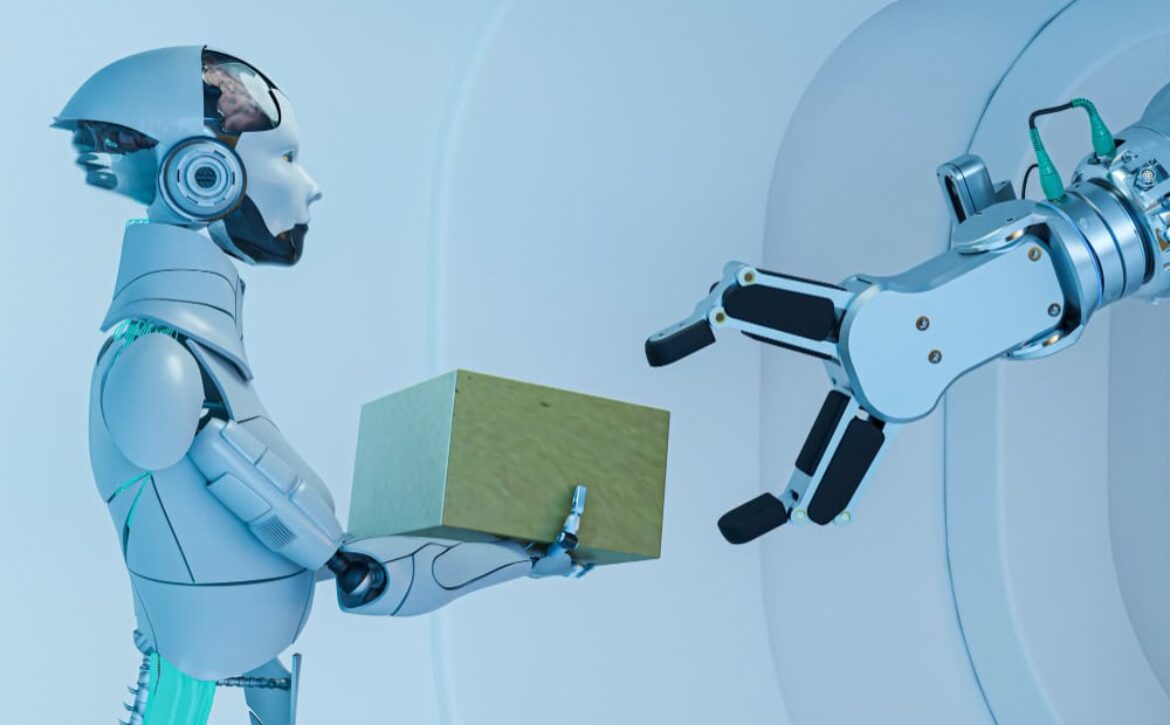Top Qualities to Look for in an AI Consultant
Introduction
Artificial Intelligence (AI) is revolutionizing industries by streamlining operations, enhancing customer engagement, and unlocking data-driven insights. However, to fully capitalize on the potential of AI, businesses need more than just technology they need expert guidance. That’s where an experienced AI consultant comes in. But not all consultants are created equal. Selecting the right partner can mean the difference between a successful AI transformation and a costly misstep.
This blog explores the top qualities to look for in an AI consultant, offering you a comprehensive checklist to ensure your AI initiatives are in capable hands.
Technical Proficiency: The Foundation of AI Excellence
The first and most critical attribute of a high-quality AI consultant is their technical proficiency. AI consulting requires a solid understanding of foundational and advanced technologies:
- Proficiency in machine learning, deep learning, natural language processing (NLP), and computer vision.
- Hands-on experience with popular AI and data science frameworks like TensorFlow, PyTorch, Keras, and Scikit-learn.
- Expertise in programming languages such as Python, R, and Java.
- Familiarity with big data technologies like Apache Spark and Hadoop.
- Experience in deploying models using cloud platforms (AWS, Azure, GCP).
Without this foundation, no strategy or insight will translate into a working AI product. A good consultant should demonstrate a strong portfolio of technically sound, deployed AI solutions.
Strategic Business Acumen: Aligning AI with Business Goals
AI is a means to an end it must serve your business objectives. Therefore, AI consultants must pair their technical prowess with business acumen:
- Ability to understand and map AI solutions to real business pain points.
- Skill in identifying cost-saving or revenue-generating opportunities using AI.
- Experience working across domains like retail, healthcare, fintech, or logistics.
- Capability to develop ROI-focused AI strategies.
An AI consultant who speaks the language of business will not only help you build cutting-edge models but also ensure those models create tangible value.
Communication & Interpersonal Skills: Making AI Understandable
A top AI consultant must be able to bridge the gap between technical teams and business leaders. Their ability to communicate effectively determines how smoothly a project runs:
- Simplifies complex AI concepts for non-technical stakeholders.
- Communicates clearly and consistently throughout the AI lifecycle.
- Facilitates workshops and cross-functional collaboration.
Without strong communication, even the best AI solution may struggle to gain internal buy-in or drive adoption.
Problem-Solving & Creativity: Navigating the Unknown
AI projects often face unique, evolving challenges that require more than textbook solutions. Look for a consultant who thrives on problem-solving and demonstrates creative thinking:
- Uses a structured approach to troubleshoot and optimize AI models.
- Innovates to tailor solutions for niche or complex business scenarios.
- Thinks out-of-the-box to integrate AI with existing workflows and systems.
The best consultants are solution-oriented professionals who turn ambiguity into clarity.
Ethical Awareness & Responsible AI: Building Trustworthy Systems
In an age of increasing scrutiny, ethical AI is not optional. Your AI consultant must be deeply committed to fairness, transparency, and accountability:
- Designs AI systems that avoid bias and uphold privacy standards.
- Educates stakeholders about responsible AI practices.
- Applies fairness audits, explainability frameworks, and ethical impact assessments.
Hiring a consultant with a strong ethical compass ensures that your AI implementations meet regulatory requirements and protect your brand reputation.
Domain Expertise: Understanding Your Industry
AI doesn’t operate in a vacuum. Domain expertise is crucial to create AI solutions that work in your industry:
- Experience with industry-specific data types, standards, and KPIs.
- Awareness of compliance requirements such as HIPAA, GDPR, or financial regulations.
- Proven success in executing AI solutions for your sector (e.g., healthcare, finance, retail).
Domain-aligned consultants bring insights that generic technologists might miss, accelerating adoption and reducing risk.
Project Management & Execution Capability
AI projects are often complex, involving multiple phases from data collection to deployment. Look for a consultant who brings strong project management skills:
- Ability to define project milestones, budgets, and timelines.
- Experience managing cross-functional teams including data scientists, developers, and business analysts.
- Familiarity with Agile or Scrum frameworks for iterative delivery.
Execution discipline ensures that your AI initiatives stay on track and deliver value incrementally.
Continuous Learning & Technological Curiosity
AI is a rapidly evolving field. Top consultants are lifelong learners who stay at the cutting edge:
- Regularly update their skills through courses, certifications, and research.
- Participate in AI communities, forums, and conferences.
- Proactively explore emerging technologies like generative AI, edge AI, and AI Ops.
This mindset guarantees that your solutions incorporate the latest innovations.
Consulting Mindset & Professionalism
Beyond technical and domain skills, a great AI consultant possesses a professional attitude and consulting mindset:
- Client-centric approach with proactive problem ownership.
- High level of accountability and responsiveness.
- Ability to build lasting relationships based on trust and results.
You’re not just hiring a technician you’re bringing on a strategic partner.
Quick Checklist: Core Traits of a Top AI Consultant
| Quality | Why It Matters |
|---|---|
| Technical Proficiency | Builds reliable, scalable AI systems |
| Business Acumen | Ensures AI aligns with business strategy |
| Communication Skills | Enables collaboration and stakeholder engagement |
| Problem-Solving & Creativity | Tackles real-world challenges effectively |
| Ethical Awareness | Promotes fair and trustworthy AI |
| Domain Knowledge | Customizes solutions for industry-specific use cases |
| Project Management | Ensures efficient delivery and resource management |
| Continuous Learning | Keeps your project ahead of technological trends |
| Consulting Mindset | Builds strong client-consultant partnerships |
Why Choose GoodWorkLabs as Your AI Consulting Partner?
At GoodWorkLabs, we embody all these qualities and more:
- End-to-end AI expertise: From strategy to deployment, our team covers every aspect of AI development.
- Business-first approach: We focus on solving the right problems with measurable impact.
- Industry alignment: Whether you’re in fintech, retail, or healthtech, we bring domain-specific insights.
- Ethical commitment: Our solutions are built with fairness, explainability, and compliance in mind.
- Agile execution: We deliver value fast using lean and iterative development methodologies.
Partner with us to turn your AI ambitions into reality responsibly, effectively, and efficiently.
Let’s Build the Future of AI Together
Want to unlock the full potential of AI in your business?
Schedule Your Free AI Strategy Session
At GoodWorkLabs, we help businesses build smart, ethical, and scalable AI solutions that drive real results.
Let’s get started!












